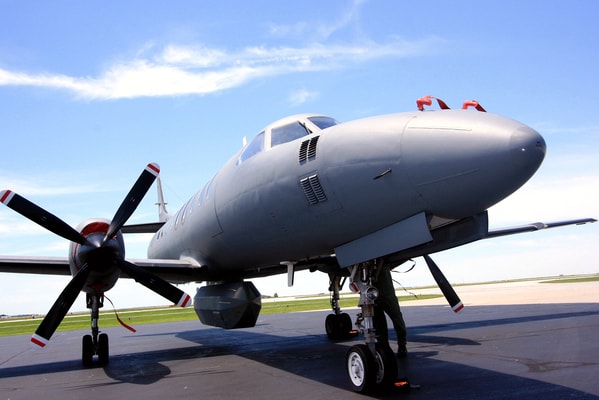
Last year, military surveillance aircrafts in Texas were outfitted with devices that were designed to spy on cell phones. This included where the cell phone was located, and the numbers that were dialed. In addition, these surveillance aircrafts could identify text messages, photos and even the content of the calls that were being made. The Texas Observer obtained documents between the Texas National Guard, the DEA and a Maryland-based company called Digital Receiver Technology (DRT) outlining a $373,000 contract to install cellphone surveillance software on the planes as part of anti-drug trafficking operations. The money reportedly came from Texas drug asset forfeiture funds.
DRT’s systems are similar to controversial stingray devices, and have earned the nickname “dirt boxes”. They mimic cell phone towers, which allows them to connect to every smartphone within a specific area. Because they connect with all smartphones, it’s nearly impossible to avoid collecting private data from people who aren’t suspects but just happen to be in the target area.

Privacy advocates have never been a fan of cell-site simulators because they operate in secrecy. Authorities have fought hard to withhold information on how stingrays collect data. They will go to great lengths to hide the information. Including, dropping charges rather than reveal the information about the technology. How insane is that? The Justice Department, however, has policies for the use of devices by federal agencies and police departments that partner with them. In order for them to be used officials must secure a warrant before using them in criminal investigations. They must also delete all data on users not targeted within 30 days. These rules, however, don’t apply to national security.
The two National Guard RC-26 planes in question are reportedly used for counternarcotics operations at the US-Mexico border. Asked whether the militia force had the authority to obtain warrants for arrests or surveillance, a Texas National Guard spokesperson told the Observer, “Our current supporting roles do not include arrest or law enforcement authorizations.”
The DRT box is the newer version of the stingray technology. And it allows authorities to get everything. But should it? I guess on one hand you have to think about the goal of the law enforcement agencies. But on the other hand, we have seen instances where the authorities go too far in terms of collecting data. Should we be concerned? I think yes and no. As I’ve said before, there’s this idea that if you’re not doing anything wrong, then there’s nothing to worry about. But I wonder – because we live in a digital age is that an attitude we can afford to have?
We give a lot of information out in general on a daily basis. Is it fair for the authorities to see who I’m texting? Even if I’m not a suspect in a particular case? Are the law enforcement agencies using this in ways that we don’t even know about? If they’re so intent on keeping the technology a secret, my guess is there’s a lot more that they’re hiding. It’s getting harder and harder to just exist in this world without being tracked by one agency or another. Regardless of whether or not you’ve done something wrong.



